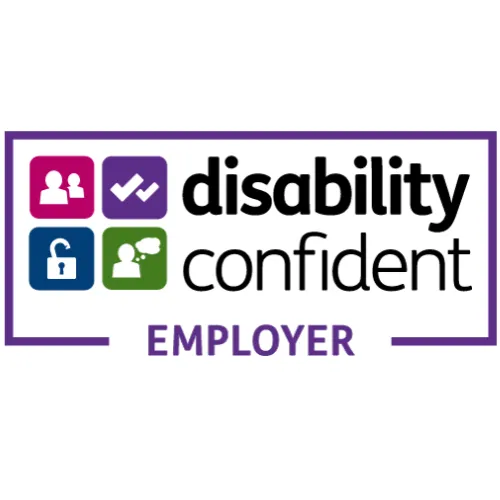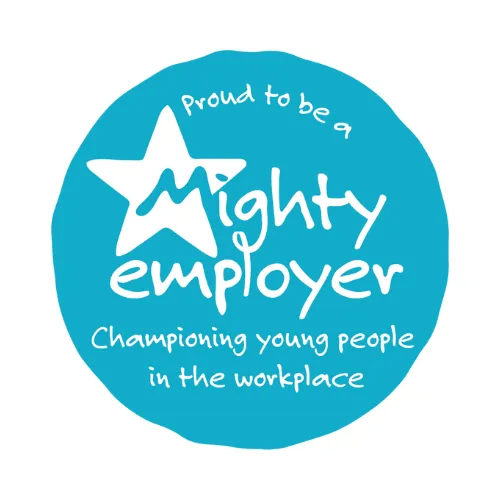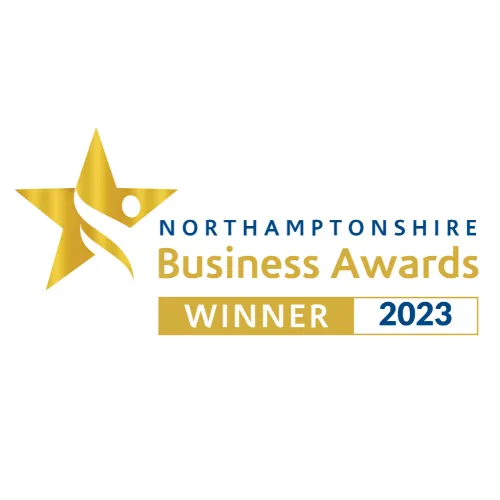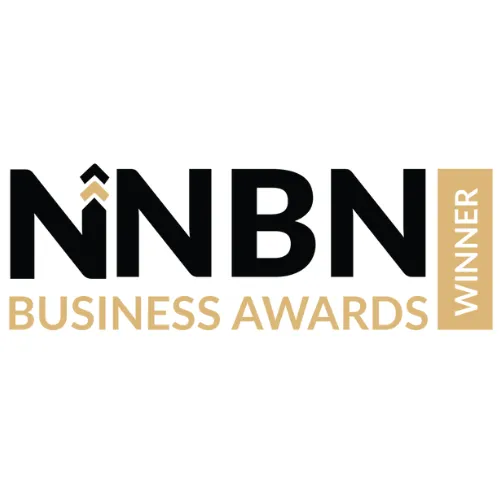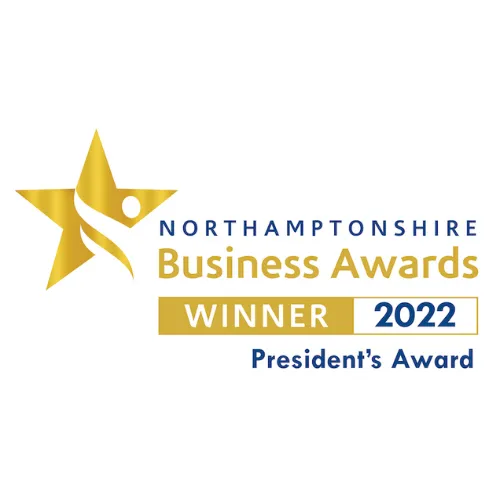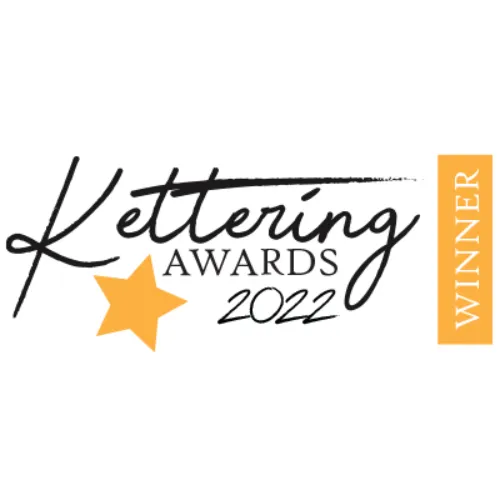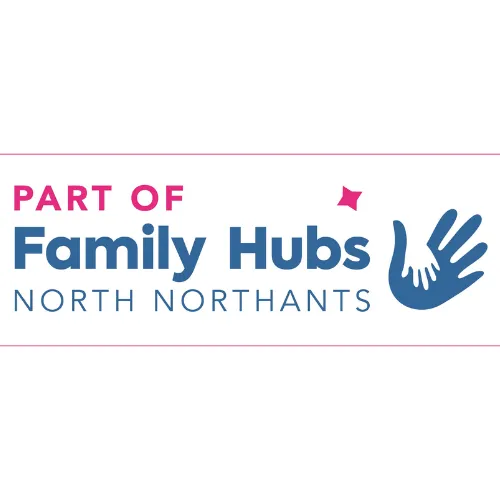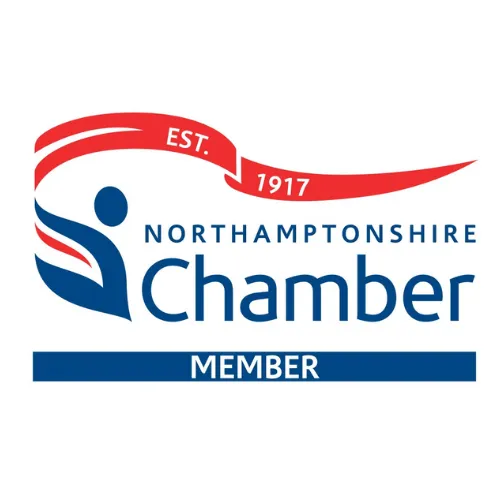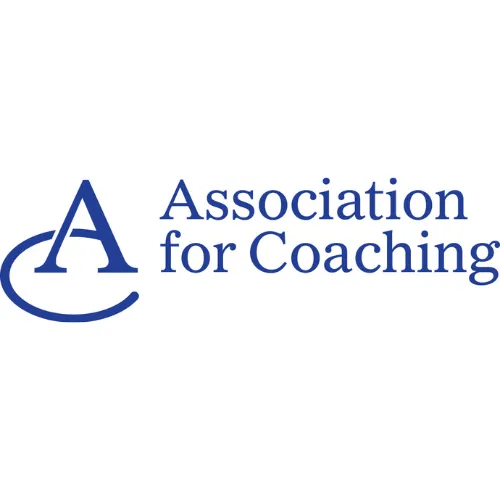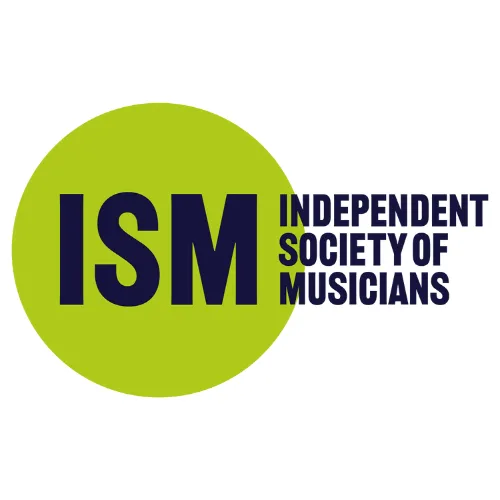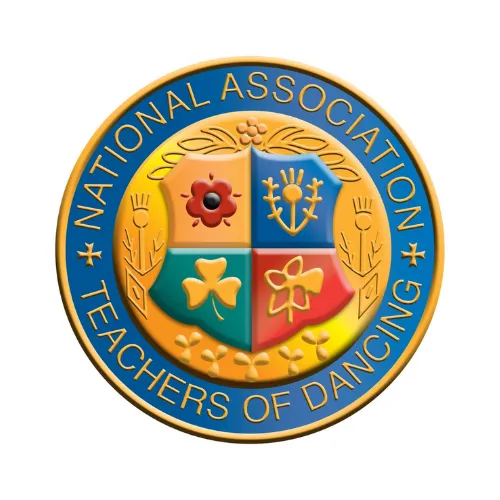Welcome to our Learning Hub
Empower Your Curiosity
Insights, Stories, and Tips for the Inquisitive Mind
Our Story and Mission
Our journey began in the vibrant world of creative arts, a path that has not only shaped us as artists but as leaders, educators, and advocates. Through the arts, we discovered powerful skills — creativity, communication, resilience — that transcend the studio and stage, enriching our lives in education, business, and community leadership. Inspired by our own transformation, we're dedicated to unlocking this potential in others. Our mission is to guide individuals in exploring their creative talents, developing their personal and professional skills, and empowering them to lead and inspire in all aspects of their lives.
Our ethos is simple – everyone has a story to tell, a song to sing, or a dance to share. We believe in the transformative power of the arts to enrich lives and communities. By making arts accessible to all, we aim to foster confidence, creativity, and a sense of belonging.
So, dive in! Explore, learn, and let us know if there's something specific you're curious about. We're here to help, one post at a time.
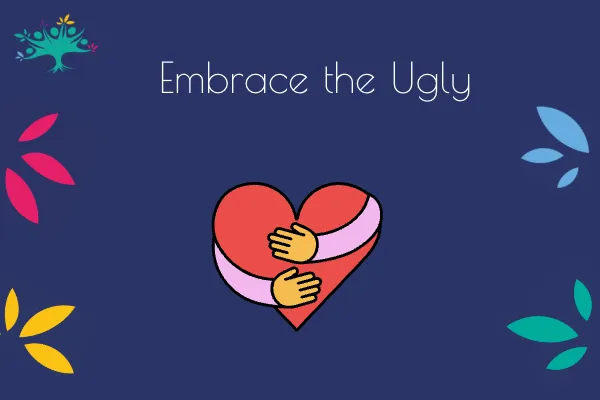
Embrace the Ugly
I am finding myself saying to students ‘embrace the ugly’. In a world where people desire an aesthetic that is ‘beauty’ why would I ask my students to do something else?
What is ugly?

We all know that saying – “beauty is in the eye of the beholder’, but do you truly think about what that means?
A person can perceive beauty in different ways – my idea of a beautiful person will not be the same as someone else’s. It is a choice, a subjective opinion. It doesn’t make me right, and it doesn’t make me wrong.
One of the ways ugly is defined is as ‘disagreeable, unpleasant, objectionable’. But what makes something disagreeable/unpleasant to you? Would the same thing be disagreeable/unpleasant to another person?
How we perceive the world around us depends on our upbringing, culture, what we learn as acceptable/unacceptable, and so much more. We need to remember this when we’re talking about things as ugly or beautiful. These terms are subjective and differ from person to person. It’s why we can have discussions and debates.
Why do I find something ugly?

There are many reasons why something can be found/heard of as ugly. It causes an emotional response, a physical reaction. It can bring up our fight or flight mechanism.
Throughout time we like to be able to follow a similar path, whether it is what we’re listening to, reading, even where we’re travelling (think about being on auto pilot). Our brains are lazy and like to go down the same processes unconsciously.
Doing something new breaks this ‘comfortable’ process. Our brain will say it does not like it and therefore we can perceive it as an ugly or unpleasant thing to do/create.
How should I embrace the ugly?
CREATE SOMETHING NEW!
Do it without thought – and by this, I mean don’t think about how you want the end product to sound/look like. Remember to keep it safe, and if needed use teachers/coaches to help with that. But first – just do. Refinement can come later.
EMBRACE THE UGLY IN YOUR PRACTICE.
The end performance or creation should be the full thing and enable everyone to make their own conclusions of their perceptions. However, the practice should be an ugly process. You should be breaking it down to analyse what is happening, or to finetune a piece of technique. You should be looking at different ways of emotional connection – if a song is about sorrow, maybe try it feeling sassy to see what happens with the sound. This is where you get to explore, experiment, and make your own choices for the final show. And this is something that should never stop, as it should always be evolving.
EMBRACE THE UGLY IN YOUR SOUND AND TECHNIQUE.
New techniques or sounds can look awkward, or sound shrill. But remember that our brains need time to acclimatise to these new things. There are acoustical and physiological reasons why new sounds can sound ugly to the person creating them. It doesn’t mean that the listener will perceive them the same way.
SO, WHAT ARE YOU GOING TO DO TODAY THAT ENSURES YOU EMBRACE THE UGLY?
Sign Up to BHVA Insights
Catch the latest on events, offers, and fresh ideas.
All delivered to your inbox every fortnight.
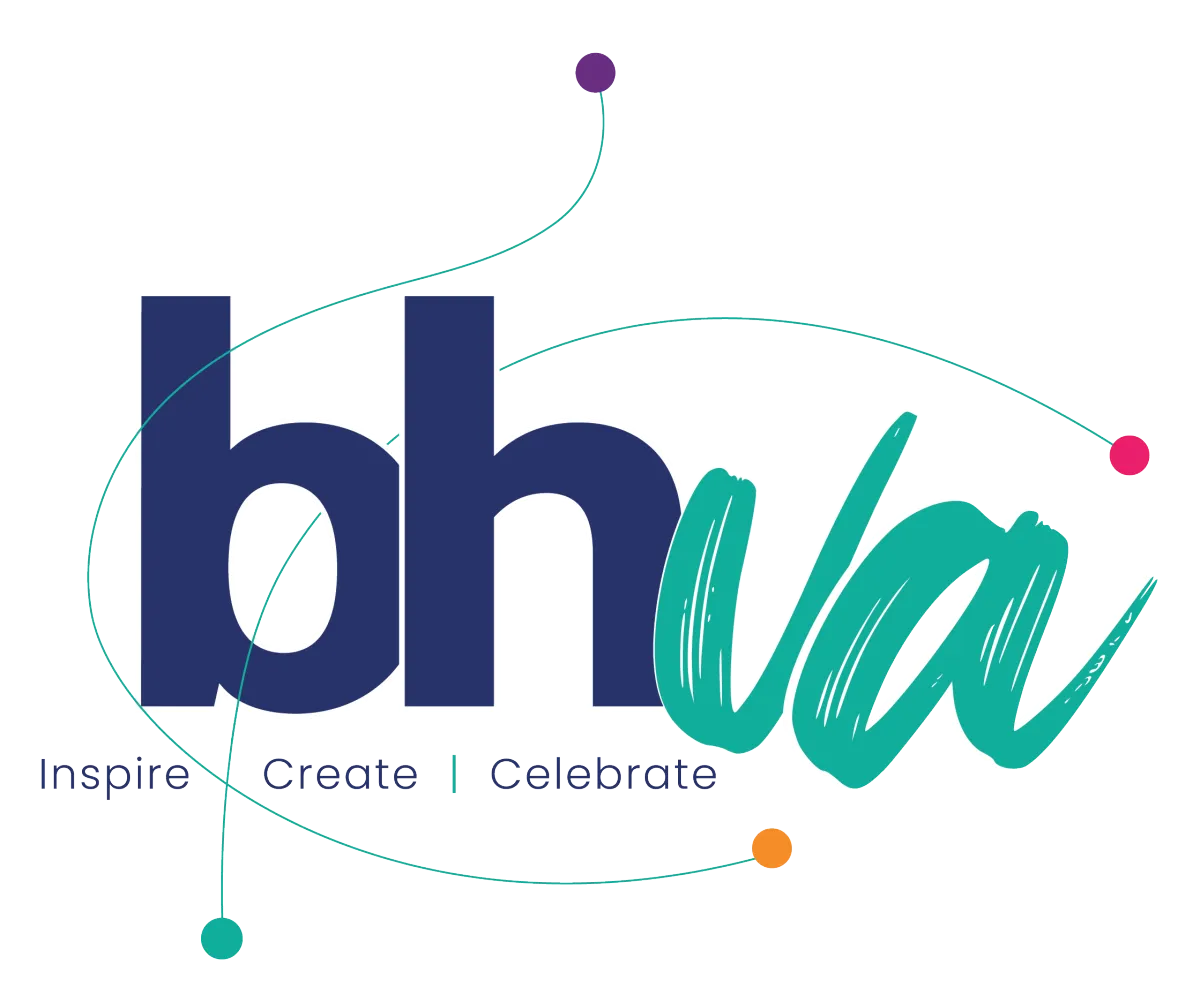
Beccy Hurrell Voice & Arts Limited is registered in England. Company No: 13263202. Registered office: 10 Kirby Street, Kettering, NN15 5GR


